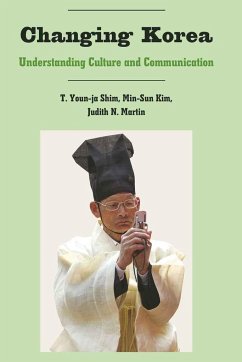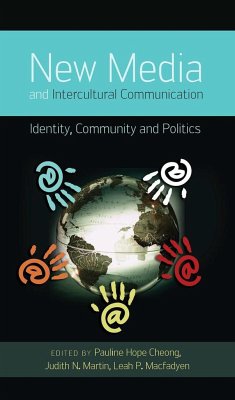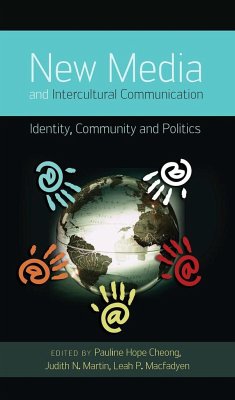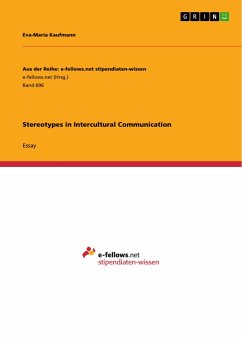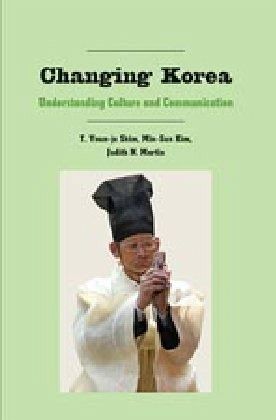
Changing Korea
Understanding Culture and Communication

PAYBACK Punkte
0 °P sammeln!
In the last fifty years, Korea has transformed itself from an agrarian, Confucian-based culture into a global and technological powerhouse, and one of the most important political and economic forces in the world. Based on previous research and face-to-face interviews, the book shows how contemporary Koreans negotiate traditional Confucian values and Western capitalistic values in their everyday encounters - particularly in business and professional contexts. This is a useful companion book for courses in international business, intercultural communication, and Asian studies.





